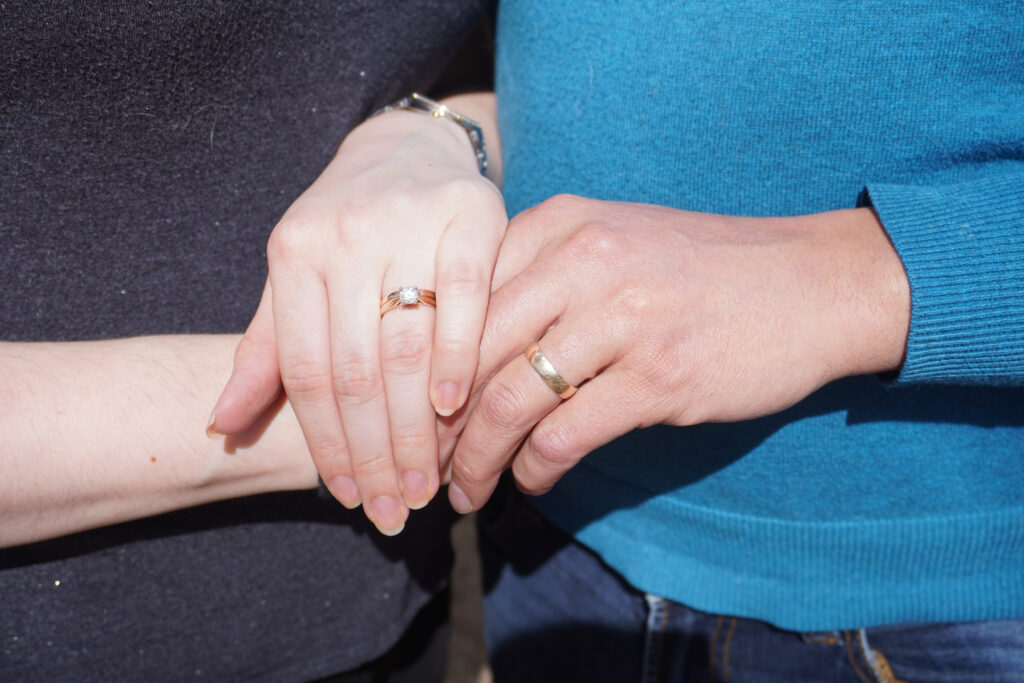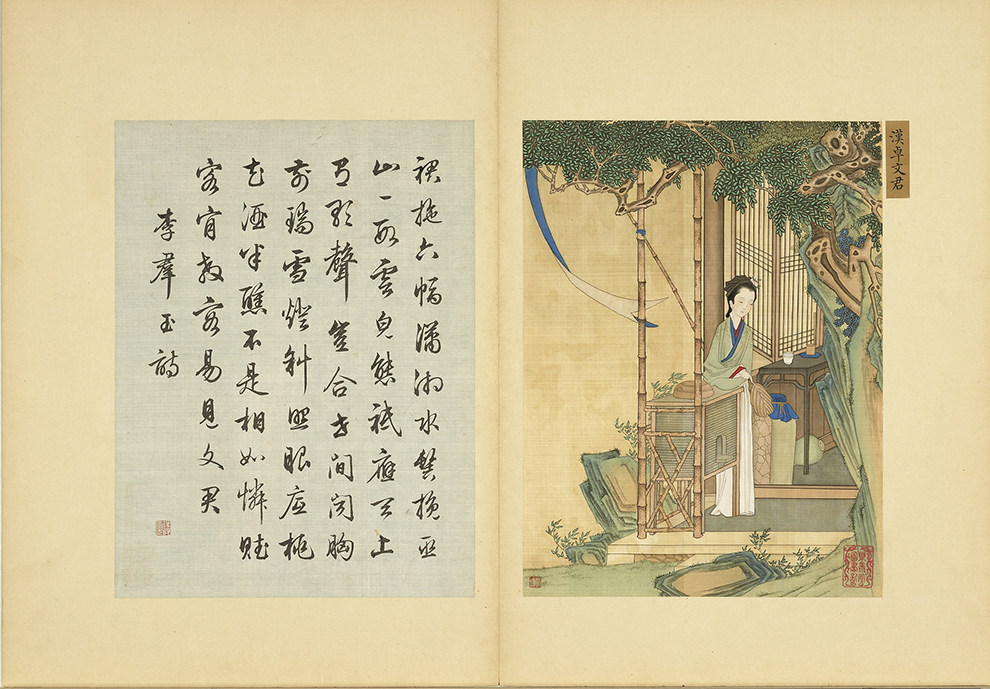
It is common to hear the phrase Nán zūn nǚ bēi (男尊女卑), which in modern times has been interpreted as “male superior, female inferior.” However, this idiom dates back thousands of years to ancient China, a time when traditional Chinese characters harbored different and deeper meanings.
When the traditional Chinese language was replaced by Simplified Chinese a few decades ago during the Cultural Revolution, the interpretation and meaning of many words was changed. This caused modern Chinese to misinterpret traditional culture and develop misconceptions about their ancestors, such as the idea that the ancients were sexist and suppressive.
What was the original meaning of this idiom and how did the ancients view the relationship between men and women?
Harmony between genders in ancient China
The relationship between men and women in traditional Chinese culture is based on the harmony between Yin and Yang. Yang represents masculinity and strength, which is tempered and balanced by the feminine nature of Yin. If in a marriage both try to be Yang or Yin, harmony is lost.

Women guided their actions based on the Three obediences and Four Virtues set forth by Confucianism. They were to obey their fathers before getting married, their husbands after getting married, and their sons after their husband’s death.
As for their daily conduct, they placed emphasis in the cultivation of the four virtues: Feminine conduct (Fùdé 婦德), Feminine Speech (Fùyán 婦言), Feminine bearing (Fùróng 婦容) and Feminine Works (Fùgōng 婦功).
In her treatise Lessons for Women, the Chinese historian and philosopher Ban Zhao, elaborated on these womanly virtues:
- “Exhibit tranquility (Yōu 幽 / Qīng 清), unhurried composure (Xián 閒/閑), chastity (Zhēn貞), and quietude (Jìng 靜)… This is what is meant by a woman’s virtue.”
- “Choose words [carefully] (Zé cí 擇辭) when speaking. Never utter slanderous words. Speak only when the time is right… This is what is meant by a woman’s speech.”
- “Wash (Guàn huàn 盥浣) clothes that are dusty and soiled, and keep one’s clothing and accessories always fresh and clean. Bathe regularly, and keep one’s body free from filth and disgrace. This is what is meant by a woman’s bearing.”
- “Concentrate on one’s weaving and spinning. Love no silly play nor laughter. Prepare wine and food neatly and orderly to offer to the guests. This is what is meant by a woman’s work.”

On the other hand, men were required to embody the virtues of a true gentleman (Jūn zǐ 君子), guided by the teachings imparted by Confucius. The sayings and ideas of this outstanding Chinese philosopher were compiled by his followers in what was later titled The Analects of Confucius. Quotes from this classic book serve to illustrate the virtues that almost every man in ancient China aspired to embody:
- “He whose deeds speak louder than his words is a Jūn zǐ.”
- “A Jūn zǐ has no fears or concerns for his conduct is upright”
- “Jūn zǐ does not pursue self-interest. Growing spiritually is his greatest aspiration.”
- “A Jūn zǐ gives his best in his daily endeavors and guards his speech.”
- “He who seeks no recognition and looks for fault within himself is a Jūn zǐ.”

Traditional Chinese culture emphasized that men and women are different in nature and that each sex is suited for different roles in the family and society. Thus, husband and wife were like a team. With men being noble, respectful and upright; and women being modest, respectful and persevering, harmony would naturally prevail within families and, consequently, in society.
